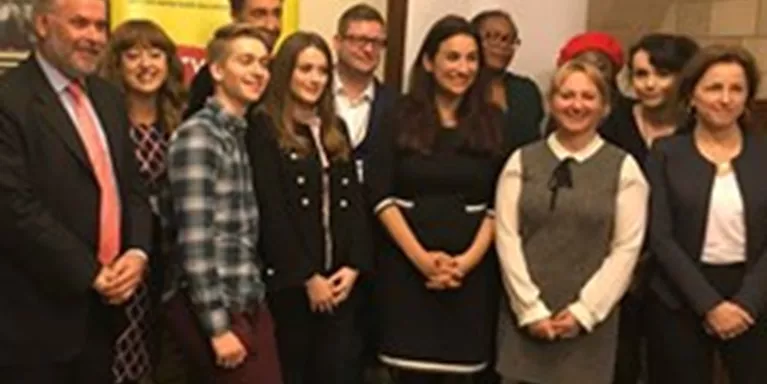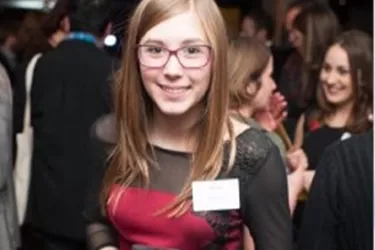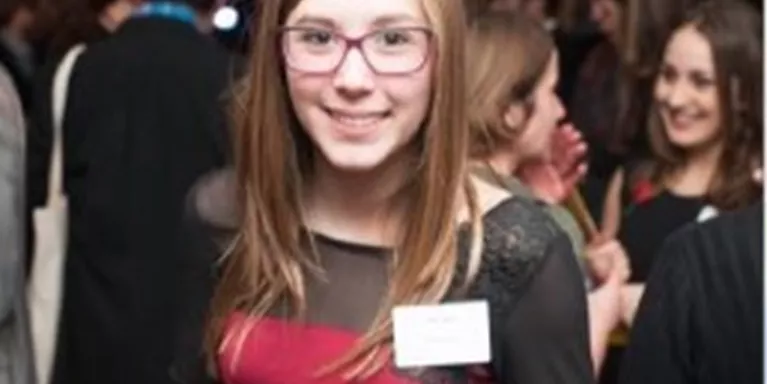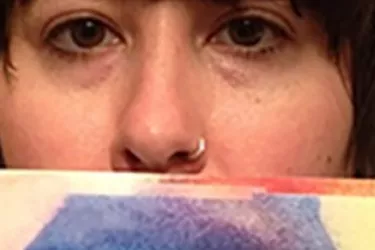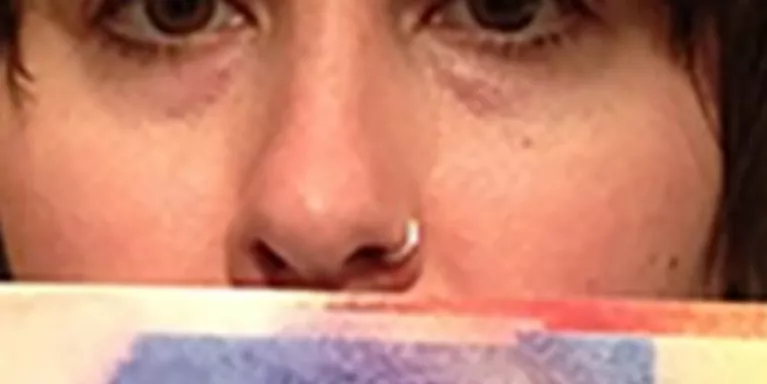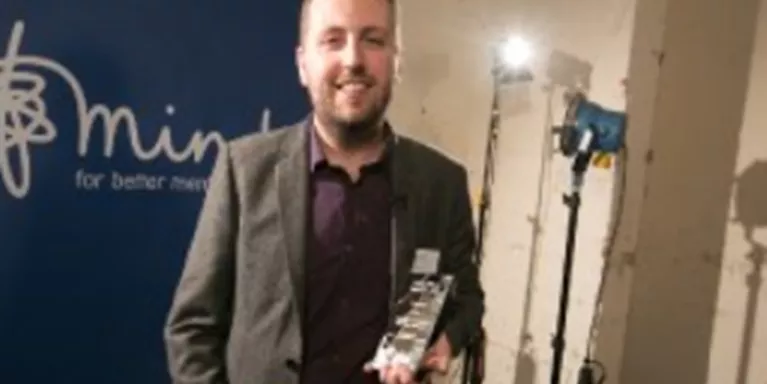Mind Media Awards: A Review of the New Media Nominees
Zarathustra blogs about the November 2011 Mind Media Awards.
I've long had an interest in how new social media can be used to promote constructive dialogue between those who use and work in mental health services, so I was very pleased to be asked to review the New Media nominees for the upcoming Mind Media Awards.
Those up for an award, in no particular order, are as follows.
The Campaign Against Living Miserably (CALM) is aimed at young men, the demographic most at risk of death by suicide. Among other things, they aim to break the taboo of young men talking about their feelings. It combines a wonderfully opinionated blog (taking to task Christina Odone and Morrissey, among others, for their ill-judged comments on mental health) with advice and campaigning. I especially liked the sleek and eye-catching web design, which makes it easy and enjoyable to browse and explore the content.
Dawn Willis is a campaigner and activist whose blog is devoted to "sharing the news and views of the mentally wealthy". As well as her own personal accounts and poetry, she also shares an impressively-prolific stream of mental health stories from around the web. As is increasingly the case in social media, the boundaries between platforms (blogs, Facebook, Twitter etc.) are quite fluid, and Willis' blog titles tend to be hashtagged so that they can be found easily on Twitter.
Two years ago Rebecca Brown started vlogging about the compulsion to pull out one's own hair using a brisk video editing style that complements the honesty and wit of her accounts. Brown is an engaging and likeable spokesperson for this little-known and often poorly-understood condition. Her Hurtful Trich Responses is particularly to be recommended.
There's now a large number of excellent blogs providing first-person accounts of mental illness. One of the most popular is Pandora's Confessions of a Serial Insomniac. Pandora writes with eloquence and humour about her condition and her treatment. Along the way she explodes a few myths about borderline personality disorder - that people with BPD are bad people, that they can't form loving relationships, that they don't benefit from therapy, that (as her recent change of diagnosis refutes) they don't change or recover. Her ongoing account of psychotherapy is fascinating and genuinely insightful.
I'll refrain from saying who I think should win. Instead, I'd encourage readers to browse all these sites for a worthy snapshot of the continually-evolving ways that new/social media can be used to talk about mental health.
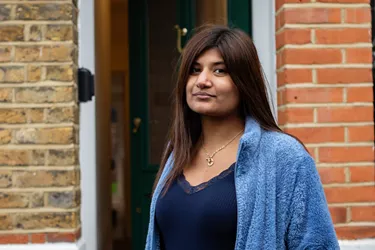

Get involved
There are lots of different ways that you can support us. We're a charity and we couldn't continue our work without your help.
Share your story with others
Blogs and stories can show that people with mental health problems are cared about, understood and listened to. We can use it to challenge the status quo and change attitudes.











